Central African Republic
President of the Central African Republic, Faustin-Archange Touadera has denied claims of genocide in his country as he appeared before the UN Human Rights Council on Wednesday.
He told reporters in Geneva after addressing the Human Rights Council that the allegations were mere exaggerations.
‘‘For us, genocide may be a very strong word. There is violence in communities like Bangassou who are fighting on both sides. And they are practically from the same families and according to what we know on this issue, there is no agenda and the global situation in Central African Republic varies according to the cities and the regions,” he said.
Two months ago, the head of the UN humanitarian offices warned against the risk of genocide following the abuses in the town of Bangassou.
The current crisis in the Central African Republic dates back to 2013 when the mainly Muslim Seleka rebel alliance seized power.
They were forced out, with support from a military intervention by former colonial power France, but the country has remained plagued by violence involving various armed groups.
More than 600,000 people have fled their homes within the country and a further 500,000 have crossed borders as refugees, while nearly 2.5 million need aid, according to the UN.
The UN is considering scaling up its 12,000-strong peacekeeping force in the country in response to renewed violence this year.
The violence in recent weeks has left dozens of people dead and forced hundreds of thousands of people to flee their homes.





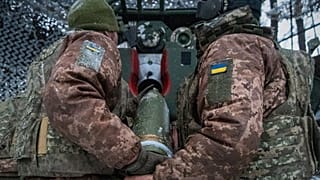
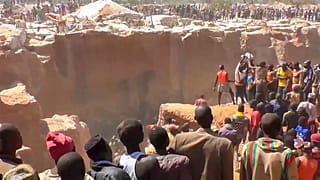
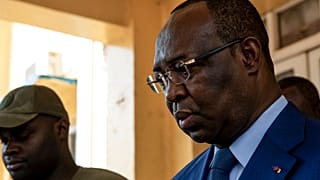
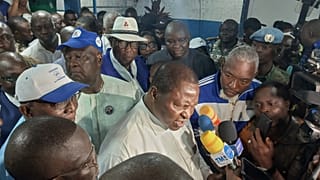
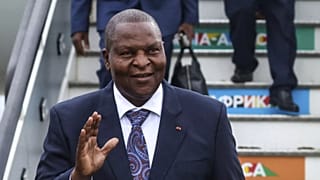
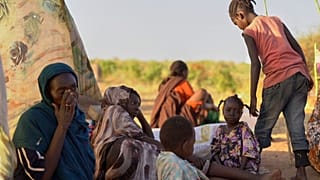
01:14
UN calls on both authorities in Libya to protect rights of migrants
01:00
Russia marks Navalny grave anniversary amid poison test fallout
11:16
Tanzania eyes East Africa’s pharmaceutical hub crown {Business Africa}
01:44
'I begged them': the Guinean mother deported from Belarus without her baby
00:55
Death toll from Iran protests spikes to at least 2,000, activists estimate
01:00
Thousands in Paris support Iranian protesters and exiled crown prince